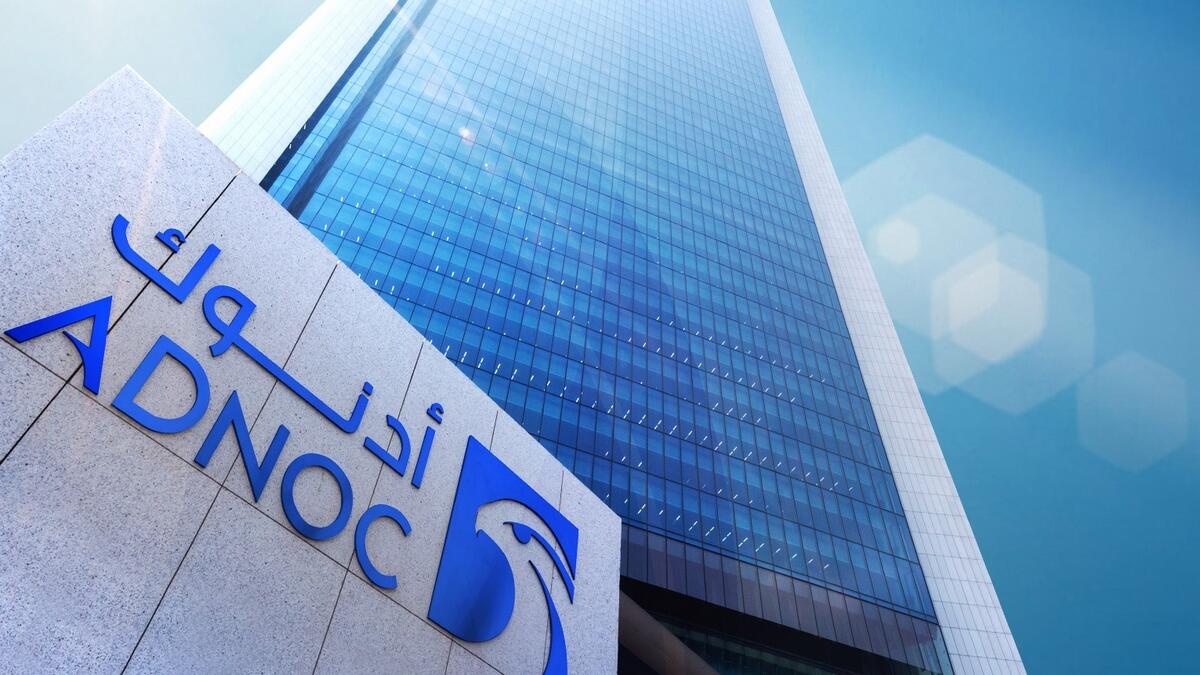Adnoc, the national oil company of the United Arab Emirates, recently announced its acquisition of a 10% stake in the Area 4 concession of the Rovuma basin in Mozambique. This move is a significant step in Adnoc’s international growth strategy and will give the company a share of the liquefied natural gas (LNG) production from the concession, which has a production capacity exceeding 25 million tonnes per annum. The Area 4 concession includes the operational Coral South Floating LNG (FLNG) facility, the planned Coral North FLNG development, and the planned Rovuma LNG onshore facilities. This investment is Adnoc’s first in Mozambique and is part of the company’s efforts to expand its lower-carbon LNG portfolio to meet growing gas demand and support a more sustainable energy transition.
The Coral South development, which is currently operational, has the capacity to produce up to 3.5 million tonnes per annum of LNG and is the first facility of its kind in Africa. The proposed Coral North development is expected to produce an additional 3.5 million tonnes per annum of LNG through a FLNG facility. Additionally, the 18 million tonnes per annum Rovuma Onshore LNG development is designed with a modular, electric-drive system that will significantly reduce the carbon intensity of the LNG it produces compared to industry benchmarks. The Rovuma basin in Mozambique is home to one of the world’s largest gas discoveries in recent years, making it a strategically important asset for Adnoc’s expanding LNG portfolio.
Adnoc’s acquisition of Galp’s stake in the Area 4 concession marks a major milestone in the company’s international growth strategy and underscores its commitment to expanding its presence in key global markets. The move will give Adnoc access to a significant share of the LNG production from the concession, which has a production capacity of over 25 million tonnes per annum. The Area 4 concession includes the Coral South FLNG facility, the planned Coral North FLNG development, and the planned Rovuma LNG onshore facilities, positioning Adnoc for further growth in the African LNG market.
This strategic investment in Mozambique is Adnoc’s first in the country and aligns with the company’s efforts to increase its lower-carbon LNG portfolio in response to growing global demand for natural gas. The Coral South and Coral North developments, along with the Rovuma Onshore project, represent an important expansion of Adnoc’s LNG capabilities and will contribute to a more sustainable energy transition. The Rovuma basin in Mozambique is home to one of the world’s largest gas discoveries in recent years and offers significant growth opportunities for companies like Adnoc looking to expand their LNG production capacity.
The Coral South development, which is already operational, has the capacity to produce 3.5 million tonnes per annum of LNG and is the first of its kind in Africa. The proposed Coral North development is expected to add another 3.5 million tonnes per annum of LNG production through a FLNG facility. The Rovuma Onshore LNG project, with a capacity of 18 million tonnes per annum, is designed to reduce the carbon intensity of the LNG it produces compared to industry standards, further enhancing Adnoc’s commitment to sustainability. With these investments, Adnoc is well-positioned to capitalize on the growth potential of the Rovuma basin and establish a strong foothold in the fast-growing African LNG market.
In summary, Adnoc’s acquisition of Galp’s stake in the Area 4 concession in Mozambique represents a significant milestone in the company’s international growth strategy and its commitment to expanding its LNG portfolio. The move will give Adnoc access to a share of the LNG production from the concession, which has a production capacity exceeding 25 million tonnes per annum. By investing in the Coral South, Coral North, and Rovuma Onshore developments, Adnoc is strengthening its position in the African LNG market and supporting a more sustainable energy transition. With the Rovuma basin’s vast gas reserves, Mozambique offers valuable growth opportunities for companies like Adnoc seeking to boost their LNG production capacity and meet the increasing global demand for natural gas.










